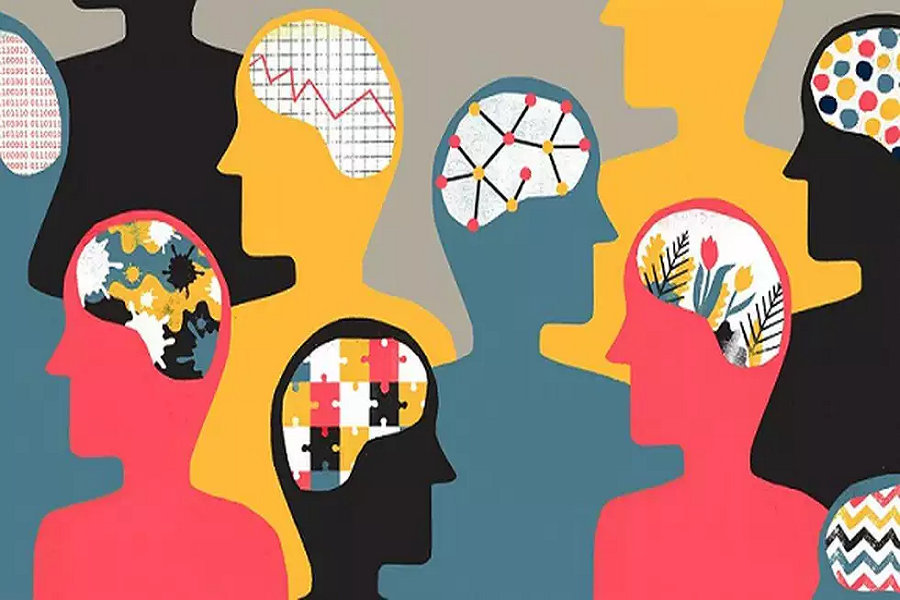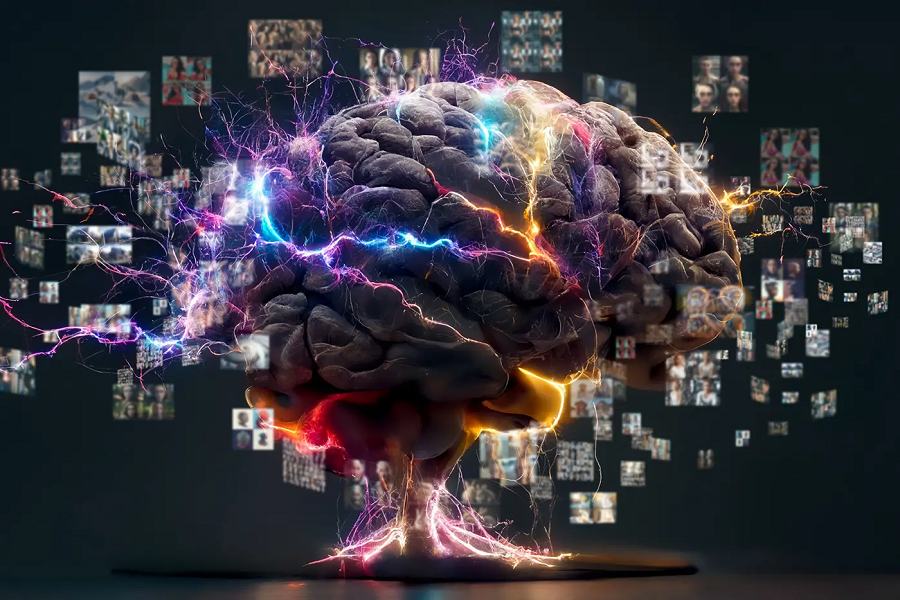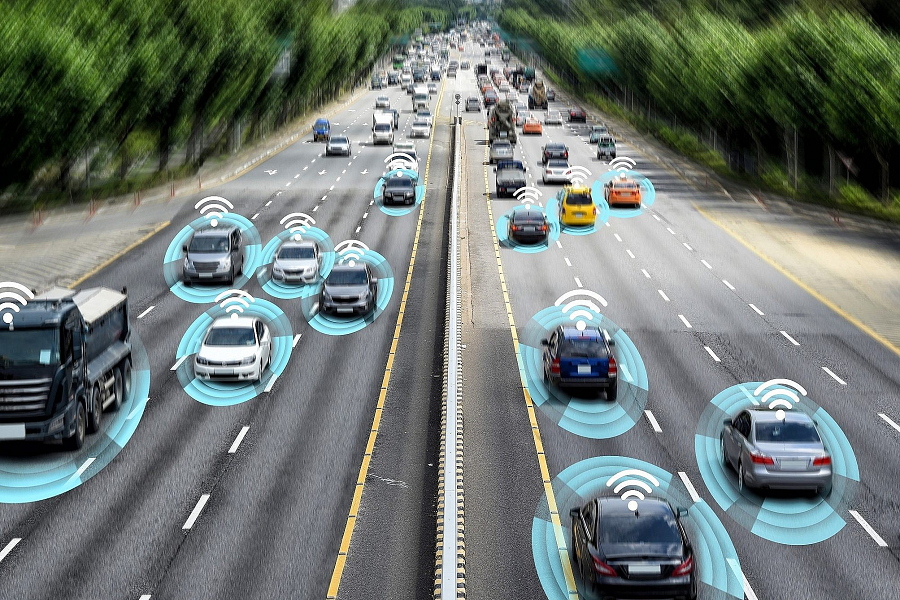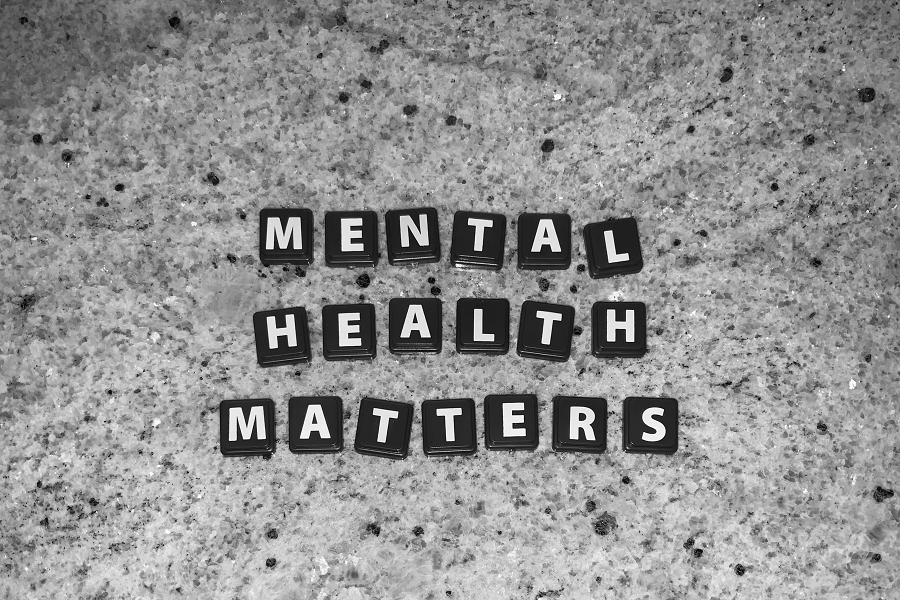In an era dominated by technology, the intertwining of digital advancements and mental health has become a compelling and complex narrative. In the evolving landscape of mental health, the dynamic integration of technology is revolutionizing our approach to understanding, managing, and supporting mental well-being. This article delves into the intricate relationship between technology and mental health, illuminating the diverse opportunities and challenges that emerge within our digital environment.
Accessibility and Reach:
Technology in mental health serves as a remarkable equalizer, overcoming barriers to accessibility by extending mental health resources and support to a global audience. This ensures that individuals, regardless of geographic isolation or limited local resources, can benefit from the available mental health assistance. Mobile applications, online forums, and virtual therapy sessions offer a lifeline to those seeking support, irrespective of their physical location.
Mental Health Apps and Self-Tracking:
The widespread availability of mental health apps signifies a rising trend where individuals actively engage in their well-being. These applications, spanning from mood tracking to cognitive behavioral therapy exercises, empower users to monitor and manage their mental health in real-time. By offering tools for self-reflection and early intervention, these apps cultivate a proactive approach to mental well-being.
Virtual Therapy and Telehealth:
The advent of virtual therapy has transformed traditional therapeutic approaches. Telehealth platforms enable individuals to access counseling services from the comfort of their homes, eliminating geographical constraints and reducing the stigma associated with seeking in-person therapy. Video conferencing and online counseling sessions provide a confidential and convenient space for therapeutic interventions.
Digital Support Communities:
Online support communities serve as crucial connectors for individuals with shared mental health experiences. In the realm of online forums, social media groups, and chat platforms, individuals have the liberty to openly exchange their experiences, seek advice, and find comfort in the shared understanding that they belong to a compassionate and supportive community. These platforms are instrumental in nurturing a feeling of connection and meaning, effectively addressing the prevalent isolation often encountered by those navigating mental health challenges.

Mindfulness and Relaxation Tech:
Incorporating technology into mindfulness practices has become increasingly popular. Meditation apps, virtual reality experiences, and biofeedback devices offer users immersive and interactive ways to engage in relaxation exercises. These technologies aim to alleviate stress, anxiety, and promote a heightened awareness of one’s mental and emotional states.
Challenges and Ethical Considerations:
While technology presents a plethora of opportunities for mental health support, it also raises ethical considerations. Issues such as data privacy, the potential for algorithmic bias, and the quality of mental health information online pose challenges that need careful navigation. Striking a balance between innovation and safeguarding user well-being is essential for the responsible integration of technology into mental health care.
Digital Detox and Screen Time Concerns:
Paradoxically, the very technology designed to enhance mental well-being can also contribute to challenges. Excessive screen time, social media comparisons, and the constant connectivity of the digital world may contribute to feelings of overwhelm and exacerbate mental health issues. Balancing the benefits of technology with intentional periods of digital detox is crucial for maintaining a healthy relationship with the digital realm.
Continuous Evolution and Collaboration:
As technology continues to advance, the landscape of digital mental health is poised for continuous evolution. Collaborations between mental health professionals, technology developers, and users are essential for refining existing tools, addressing emerging challenges, and ensuring that technology remains a supportive force in the journey toward mental well-being.
Conclusion:
The intersection of technology and mental health is a dynamic and evolving space that holds immense promise for transforming the way we approach mental well-being. From fostering accessibility and community support to introducing innovative therapeutic tools, technology has the potential to democratize mental health care. However, mindful consideration of ethical implications and the need for a balanced relationship with digital tools are integral to ensuring that technology remains a positive force in the intricate landscape of mental health.











